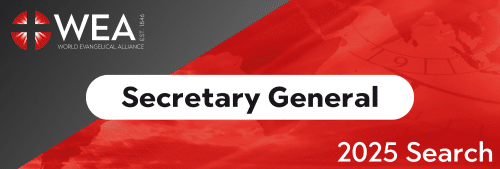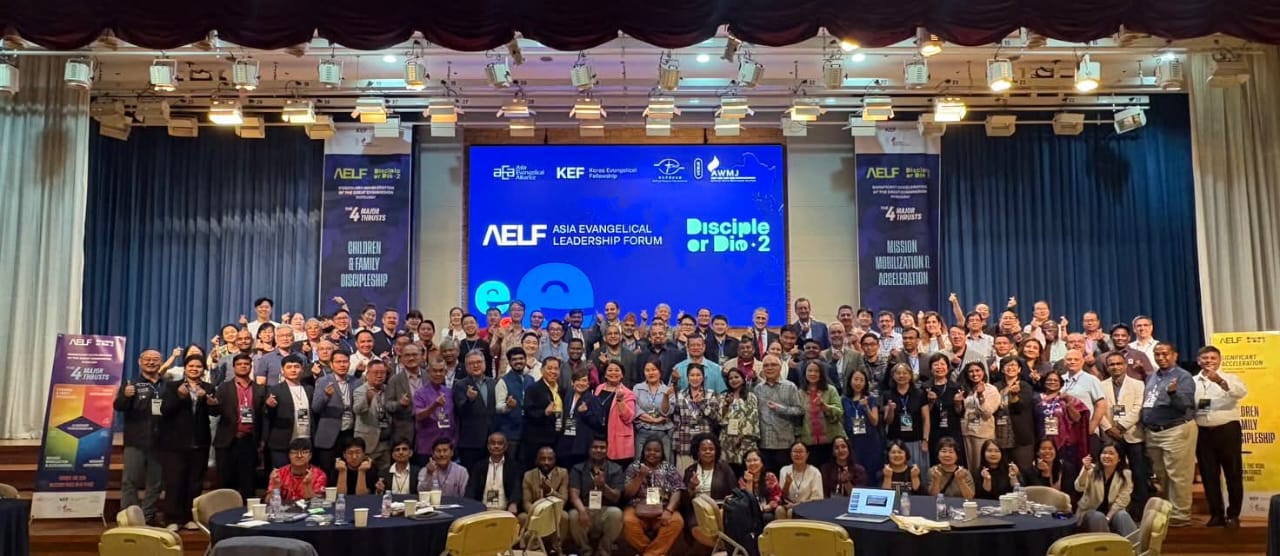
By Jennifer Roemhildt Tunehag from World Freedom Network
July 29 is World Day against Trafficking in Persons. As Christians, we understand that every person is made in the image of God, with dignity and purpose. Human trafficking is a grave violation of both of those dimensions of personhood.
The church has a crucial role to play in combatting trafficking and restoring its victims. Globally and locally, the church has the opportunity to mobilize resources and equip people as voices for justice, communities of care, and agents of change. Today we’ll explore the opportunity – and the need – to mobilize resources in the battle for freedom.
A friend of ours cares deeply about people who are exploited and trafficked. He and his wife began giving significant amounts of money to a Christian ministry that they knew of. As the relationship grew, they invested, they prayed, they visited…and they discovered that their trust had been betrayed. The organization had lied about facts and misdirected funds.
There are many excellent organizations and ministries responding to the needs of people who are exploited. A little effort will help you choose a group that lines up with your values – and standards of good practice – and ensure that your gift makes an impact.
You can vet a potential ministry partner by asking these kinds of questions. Some good agencies will not have every component in place, but all should be working towards progress and accountability in each of these areas.
PARTNERSHIP. Who does the ministry work with? Look for partnerships outside of the organization: collaboration with other organizations or networks, including local or national authorities, reflects an understanding of the complex nature of the situation and the need to work together.
An organization that works alone is less likely to be able to deliver quality assistance in the face of a broad range of needs and challenges. A ministry with a bad reputation may also struggle to find partners. Ask for an external reference if you have questions!
ACCOUNTABILITY. To whom is the leadership accountable, and for what? A good organization will establish financial transparency and accountability (for instance, membership in the ECFA or national equivalent) AND accountability for program results. Does the ministry monitor and evaluate its programs? Look for an annual impact report, and read it carefully.
LEADERSHIP. Learn about the board and staff of the agency. Famous names are not always synonymous with organizational excellence! Leadership of established organizations should include local or national staff, not only foreign workers. Are people who have survived exploitation represented in the leadership of the organization, including at the board level?
QUALIFICATIONS. Are staff members and ministry leaders qualified for the positions they hold? Counseling and social work, for example, are trained professions; do staff members hold degrees, and is appropriate professional supervision available? Does the organization pursue and/or provide ongoing learning at all levels of the organization?
COMMUNICATION. How an organization communicates about their work is revealing. Do they present themselves as “the only organization” doing real ministry? This is rarely true, is often ineffective, and can even be harmful. Stories of exploitation are often complicated; be wary of ministries that present stories that are sensational, sensitive, or impossible to confirm.
How does the organization speak about the countries in which they serve, or the people they assist? Use of terms like girls (rather than women, or clients), victims or rescue tell us what an organization believes about power and who holds it. The work of restoration must include agency, allowing clients to reassert control over their lives and decisions.
Giving is a necessary and important way to participate in the fight for freedom, and your giving have powerful impact when done alongside prayerful and careful research.
Jennifer Roemhildt Tunehag works with the World Freedom Network, a global initiative of the World Evangelical Alliance. The World Freedom Network harnesses the strength of Christian communities to combat modern slavery.





Stay Connected